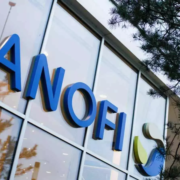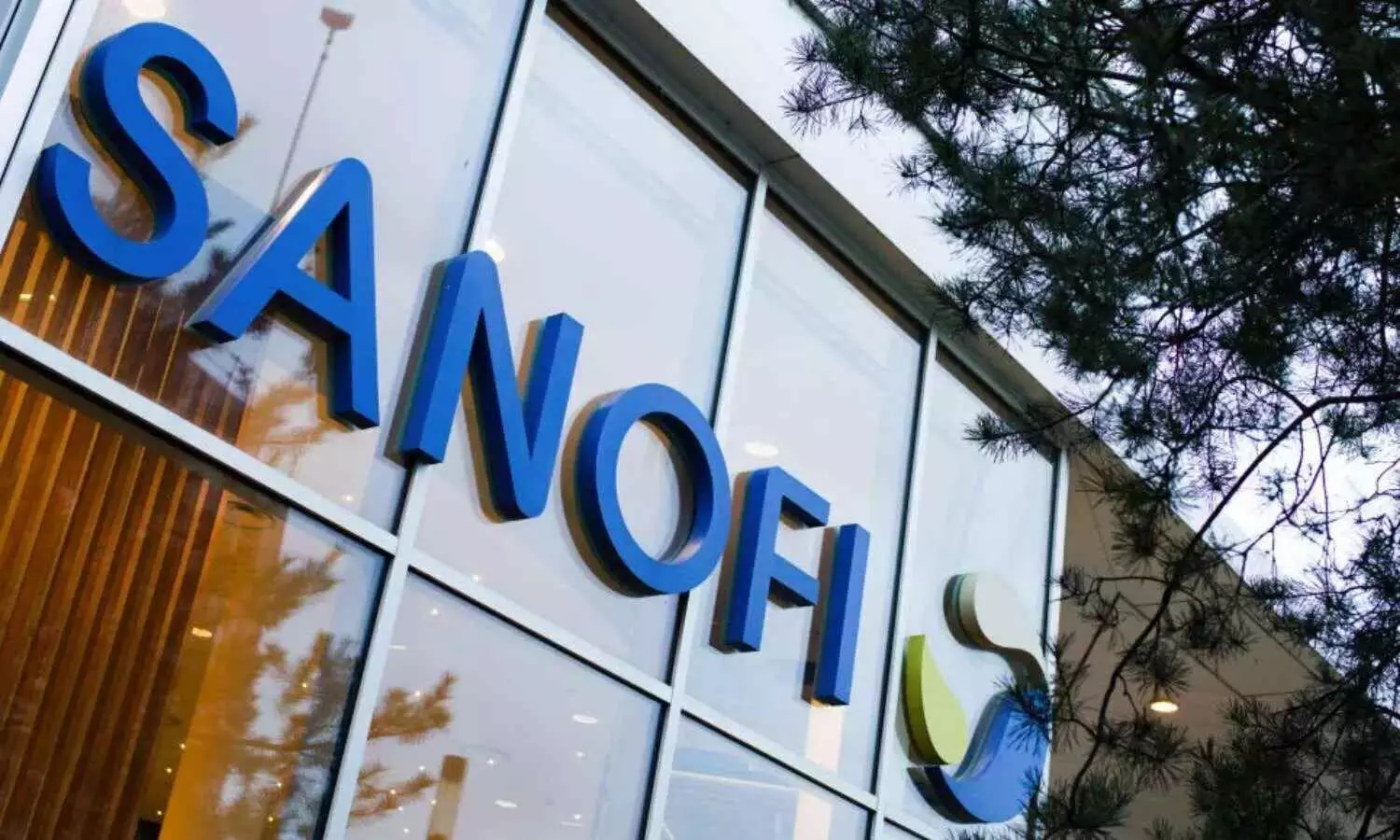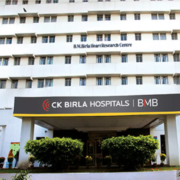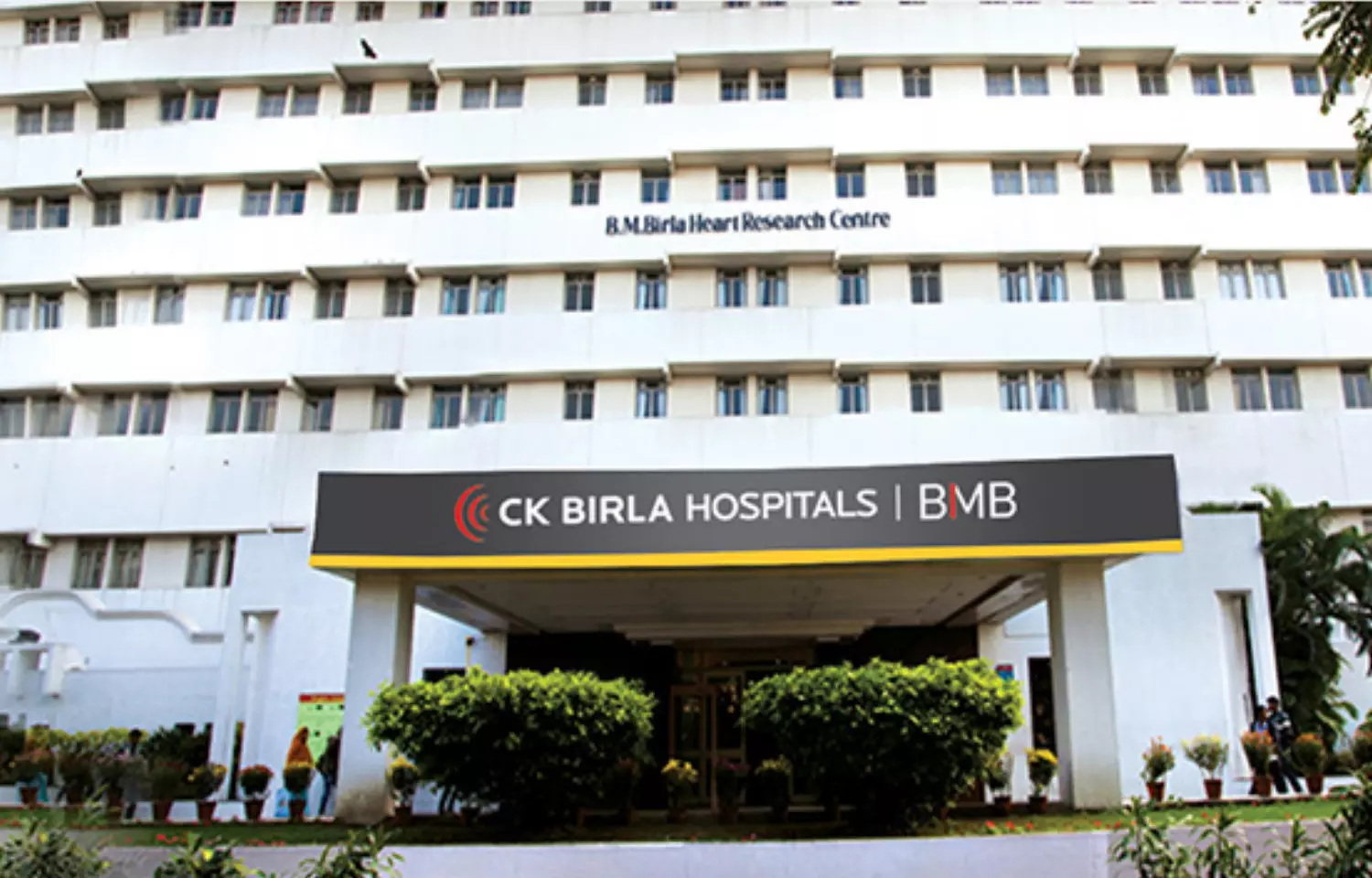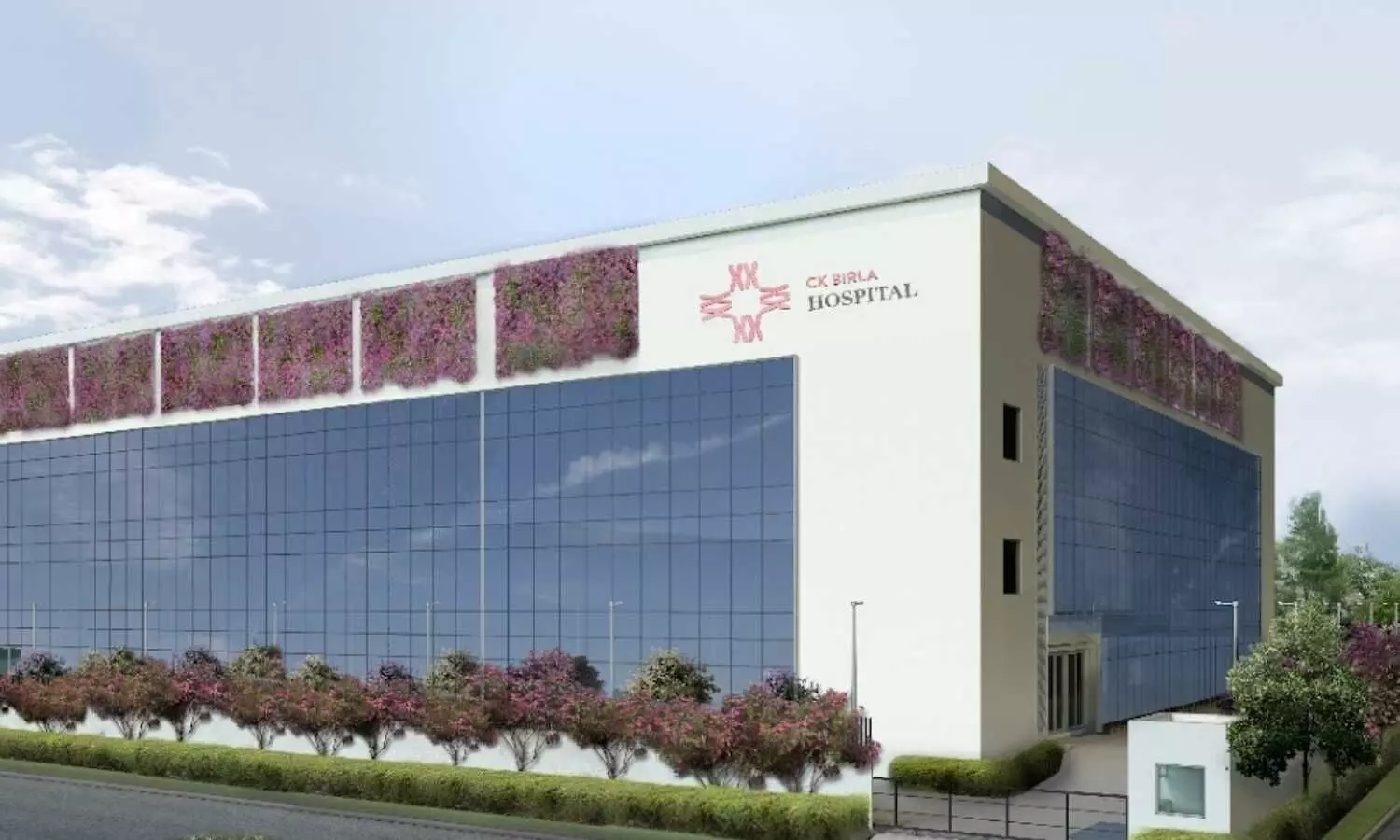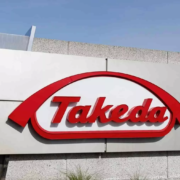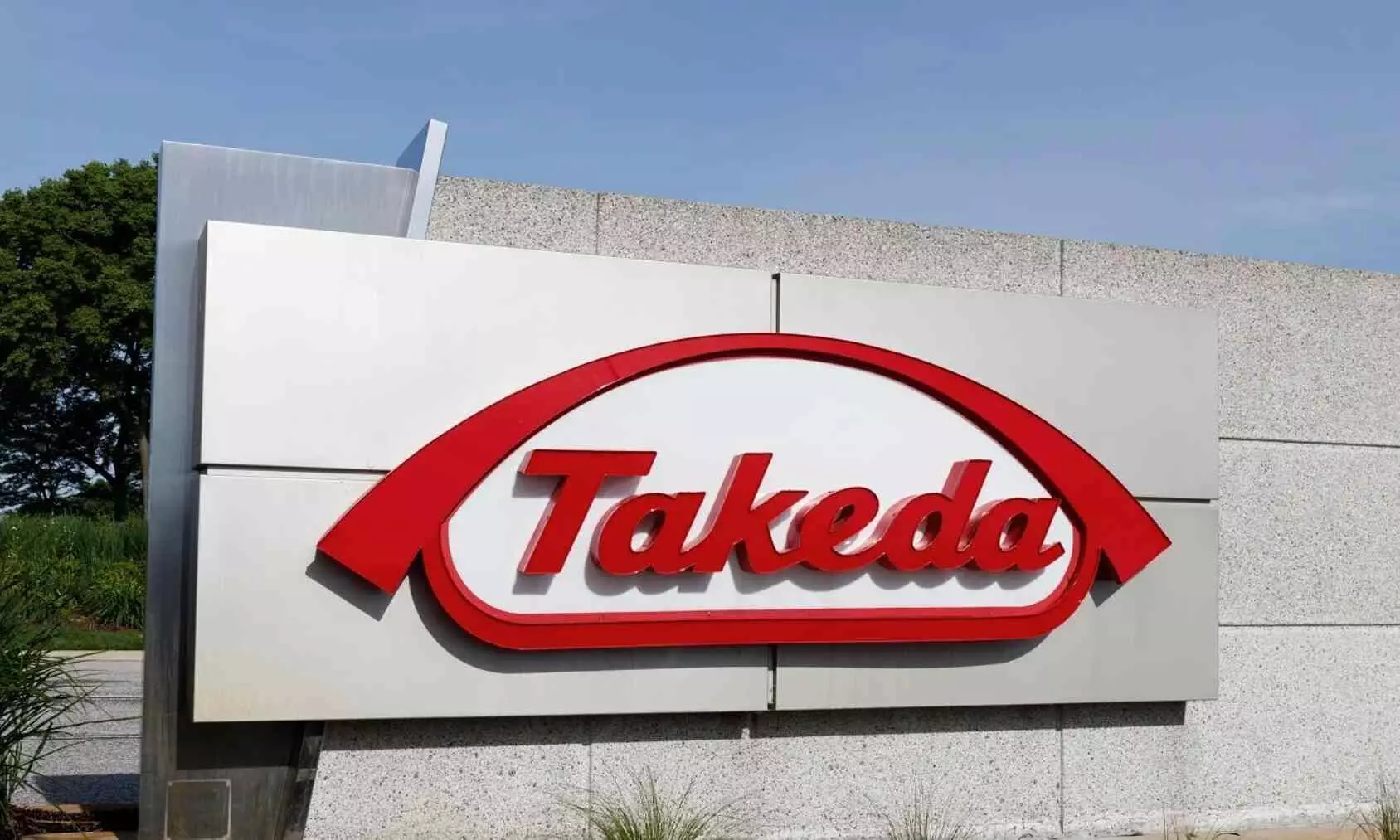Delhi Doctor slapped Rs 3 Lakh compensation for not informing patient about treatment complications
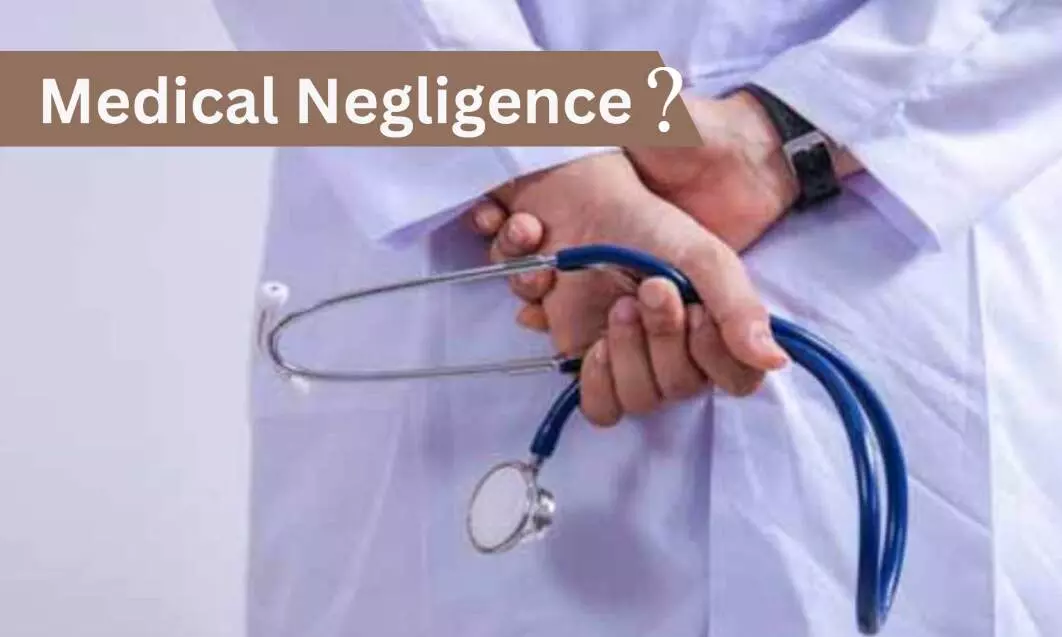
New Delhi: The District Consumer Disputes Redressal Forum-II, recently held a Delhi-based doctor liable for a lapse in not informing a patient about the complications of the procedure to treat subacromial bursitis.
“It has nowhere been recorded either in the prescriptions filed on the record or any other document that the complainant was explained the procedure that its known complications since cellulitis abscess, necrotising, fascitis can occur after procedure and is a known complication of the disease subacromial bursitis,” noted the Consumer Court.
For this procedural lapse, the Commission directed the doctor to pay Rs 3 lakh as compensation to the patient, who had to undergo treatment at multiple hospitals after pus started oozing out of her right arm.
The history of the case goes back to 2018 when the patient experienced pain while doing her household chores and office work. The treating doctor, who is also the director of the treating hospital, conducted a physical examination of the patient, administered an injection on her right shoulder and prescribed her further medicines. An X-ray was also conducted.
It was alleged by the patient that before consulting the treating doctor, she was able to perform her daily chores and office work, fulfill her basic personal needs. However, after being treated, she became incompetent to perform all such activities.
The patient claimed that from the very next day, she developed acute pain in her right shoulder and arm and when she visited the hospital, the doctor allegedly assured her that she would get better and prescribed further medicines. During all this, however, the patient was allegedly not provided with X-ray report and bill receipts.
Within a few days, she allegedly became unable to lift her right arm due to acute pain and swelling and was taken to Max Smart Super Speciality Hospital, Saket where she was prescribed medicines and was advised to undergo various tests. She was admitted in an emergency as her condition worsened and the pain spread towards the back. Thereafter, the patient was admitted to BLK Hospital for further treatment.
After being treated at the concerned hospital for a few days, the patient’s condition further worsened after discharge and pus started oozing out of her right arm. Due to immense trauma and torture, secretion of pus from her arm, and swelling immobility of the arm compelled her to another opinion at Apollo Hospital, where she was advised to undergo immediate surgery.
Accordingly, she underwent her first surgery on 08.01.2019, another surgery on 01.02.2019, and a third surgery on 04.02.2019. The complainant was discharged on 06.02.2019 after her health stabilized and was given a vac dressing.
In this regard, the complainant relied upon the medical certificate granted by Apollo Spectra Hospital, wherein she was declared medically unfit as her right arm was immobile and even for her personal care and hygiene she needed assistance from an attendant and required a special diet.
The patient submitted that she was again admitted to Apollo Spectra Hospital on 26.02.2019 with a complaint of “FUC and cellulite with raw area arm and shoulder” having surgical history of “intra articular injection on right shoulder on 15.12.2018 and patient developed as pain and swelling on right should and arm 2-3 days after the injection “. It was submitted she was admitted to cover the open wound on the right arm and was discharged on 28.02.2019.
Claiming that she was unable to attend her work, and incurred huge expenses in managing her day-to-day affair on account of the medical negligence by the doctor and hospital, the complainant filed a consumer complaint and sought Rs 18 lakh as compensation with @18% per annum on account of physical, mental agony, pain sufferings, financial losses, deficiency in service, and unfair trade practice on the part of the hospital and its director.
She alleged that the doctor performed his duty with the utmost careless manner and indulged in unfair track practice which caused grave injury to the complainant.
On the other hand, the hospital and doctor denied any negligence or deficiency of service on their part. Relying on the Supreme Court order in the case of Martin F D’souza Vs. Mohd. Ishfaq and Jacob Mathew Vs. State of Punjab, the doctor claimed that the diagnosis, disease and treatment and the complications thereafter are a matter of fact and no speculation and the treatment given cannot be garbed as negligence where they tried their level best and used highest degree of knowledge, infrastructure, efforts and precautions to avoid complications.
It was also submitted that even if it was presumed that something went wrong with the treatment, the treating doctor was not a God and could not give surety or guarantee of 100% relief in all cases. Further, the doctor claimed that the patient was explained in detail about the line of treatment, and the actual treatment procedure and therefore unless and until the complainant could prove that the doctor deviated from the normal/prescribed line of treatment no negligence could be inferred against the doctor. The doctor further claimed that he properly examined, investigated, diagnosed, and treated the patient as per the general norms of practice.
According to the doctor, the patient was diagnosed with subacromial bursitis and therefore infiltration locally and all aseptic precautions in the subacromial space were given as per the advice. Anti-inflammatory medicines were prescribed. Therefore, the doctor and hospital denied the allegation that the treatment given to the complainant on her right shoulder downward towards her arm resulted in multiple surgeries or disability in her right arm.
While considering the matter, the consumer court perused the entire medical record and noted that the complainant visited several medical facilities i.e. different hospitals for her treatment.
“It is difficult to pin point whether there is any medical negligence on the part of the treating doctor of OP-1 as there have been various treatments by various branches of doctors at various other hospitals,” opined the consumer court.
The Commission also noted that the independent medical board opinion received from Safdarjung Hospital also stated that “the complications of cellulitis abcess, necrotising, fasciitis can occur after procedure, these are known complications after injection.”
After perusing the medical opinion received from Safdarjung Hospital and relying upon legal precedence set by the Supreme Court, the Commission noted
“There is no document filed by the complainant wherein it could be proved that the surgery done by the OP was incorrect or without any due diligence.”
“However, it is noticed that it is not the case of the OP nor has he stated in his Reply that he had explained the procedure which he undertook on the complainant. It has nowhere been recorded either in the prescriptions filed on the record or any other document that the complainant was explained the procedure that its known complications since cellulitis abscess, necrotising, fascitis can occur after procedure and is a known complication of the disease subacromial bursitis,” it further observed while holding the doctor liable for not explaining the complications of the procedure.
“This Commission is of the view that medical negligence on the part of the OP-2 is not made out but it has been proved that the complainant was not informed of the complications of the procedure undertaken On her. It is also noticed that though the complainant was not informed of the complications and her condition deteriorated as a complication of the treatment given to her by OP-2. At the same time it is not missed that the complainant added to her own woes by changing doctors and leaving hospitals against medical advice which aggravated her condition. Therefore, this Commission is of the view that there is contributory lack of care on the part of the complainant,” the Commission added.
Therefore, holding the doctor liable for a procedural lapse, the Commission directed the doctor to pay the complainant Rs 3,00,000 as compensation.
“Though a case of medical negligence is not made out against the OP but a case of procedural lapse in not informing is made out against the OP and therefore this Commission is of the view that ends of justice be met by directing the OP 2 to compensate the complainant with Rs.3,00,000/- within three months from the date of pronouncement of this order failing which the compensation amount would be Rs. 3,50,000/-. This compensation amount is given keeping in mind that the road to corrective surgery was delayed by the complainant herself for the reasons best known to her,” it ordered.
To view the order, click on the link below:
https://medicaldialogues.in/pdf_upload/delhi-dcdrc-236577.pdf
Powered by WPeMatico


